Building Your College List: Advice for Aspiring Undergraduates
Visit nearby colleges for objectivity in college list creation
Vary the schools to what extent possible—even if it means touring a school you have no intention of attending—so as to take a more objective approach when building out your college list. Take note of flyers in common areas, pick up newspapers, obtain marketing materials from the Office of Undergraduate Admissions, etc. to get a sense of the culture and community. Do this virtually if it is not possible to tour in person—check out You Visit.
Attend virtual info sessions
Tune in to what a college shares beyond the numbers. Look out for telling information about the school’s background and values. Simply google the school’s name and “virtual information session” (e.g. Yale Virtual Information Session) for availability.
Explore the network
Your college list should take into consideration each school’s respective reach. Alumni databases and social media accounts (e.g. LinkedIn) often provide first-hand, strategic insight into the larger school community and what opportunities / connections are on offer.
Examine desired programs and course requirements
Explore any publicly available plans of graduates in your prospective major/program/school. What percent are employed in their field after graduation? What percent attend graduate school, and where do they go?
Note; Selective or capped majors (e.g. engineering) can have markedly different (often lower) admit rates vs. general pool applicants at liberal arts colleges that offer the option for students to select their major sophomore or even junior year. Make sure to review the school’s policies regarding internal transfers into your desired major or school before offering it a space on your college list.
Call on your high school experience to ensure your college list reflects your priorities
Colleges make decisions in part on thier insittutional prioritiues, things that are of particular importance to them in a particular year. For instance, if their orchestra graduated a talented cello player, they may be on the market. So you should have your own priorities. Think about: size, academic rigor, focus on athletics, school spirit / sense of community and class profile, opportunities for engagement within the school, etc. Check out Day Tripper for some intel on the student experience.
Consider extracurricular opportunities
Do you want a robust study abroad program? How about research opportunities? Your college list needs to be about much more than reputation and ranking. Niche is a wonderful resource to determine fit.
Note: large research institutions offer many of their advertised positions to graduate students, so consider whether a school with an undergraduate focus (e.g. Cal Poly SLO) will provide you with a better overall academic experience).
Form a financially aware college list
This is particularly important for those interested in applying for financial aid, as schools with sizeable coffers generally offer more support for students in need. Who gets aid and how much is determined by private consulting companies tasked with maximizing the school’s income.
Wondering how to get accepted at your dream university? Book a free consultation with the admissions experts at Dimension.

